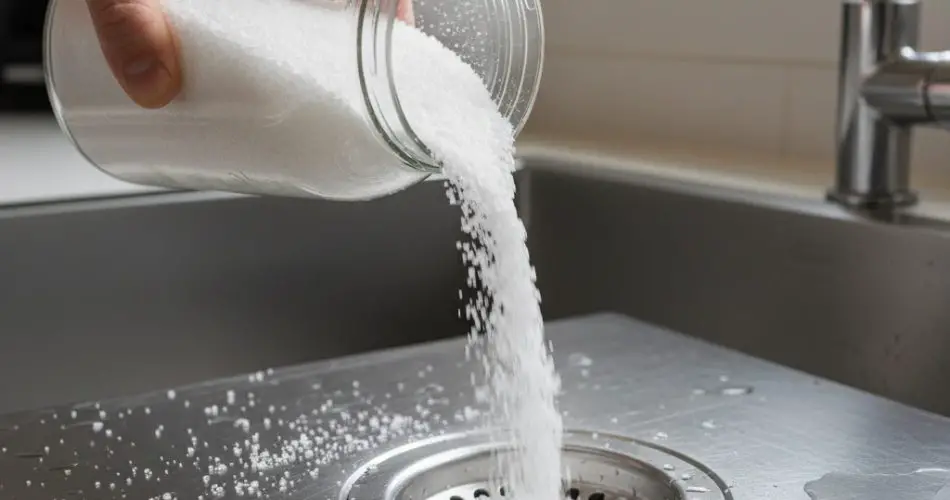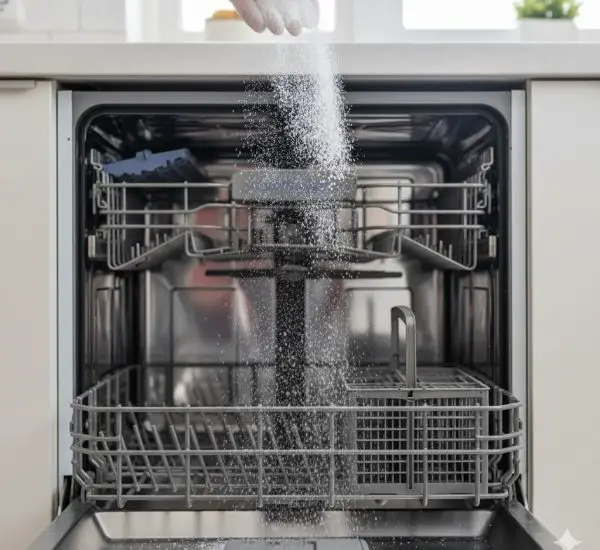Cockroaches are among the most persistent and unpleasant pests you can encounter in your home, particularly in the kitchen. These resilient insects can spread quickly if left unchecked, contaminating surfaces and posing health risks by carrying bacteria and allergens. Fortunately, there are several strategies to prevent, control, and eliminate cockroaches without relying solely on harsh chemicals. Understanding these methods can help you keep your kitchen safe, clean, and cockroach-free.
Why Cockroaches Are Such a Problem
Cockroaches are highly adaptive creatures. They thrive in warm, humid environments and are drawn to food and water sources. Once they find a consistent supply of both, they can multiply rapidly, making it difficult to eradicate them. Even a few cockroaches spotted in your kitchen should be considered a warning sign, as it often indicates a larger infestation hiding in cracks, behind appliances, or under cabinets.
Beyond the nuisance, cockroaches are health hazards. They can contaminate food, utensils, and surfaces with pathogens, potentially leading to foodborne illnesses. For these reasons, early prevention and timely intervention are crucial.
Step 1: Cleanliness Is Key
The first and most important step in cockroach control is to eliminate food sources. Cockroaches are attracted to leftover crumbs, spills, and improperly stored food. Even small amounts of food residue can sustain them.
Here’s what to do:
-
Remove all leftovers and crumbs immediately after meals.
-
Store all dry food in sealed containers, including flour, rice, cereals, and snacks.
-
Wipe down countertops, tables, and stovetops with disinfectants to remove both food residue and bacteria.
-
Clean under and behind appliances where crumbs and grease may accumulate unnoticed.
A consistently clean kitchen reduces the chances of cockroaches establishing themselves, making other control methods more effective.
Step 2: Prevent Entry
Preventing cockroaches from entering your home is just as important as eliminating them once they’re inside. Here are some practical measures:
-
Seal gaps and cracks: Inspect doors, windows, and walls for potential entry points. Cockroaches can squeeze through surprisingly small spaces.
-
Install door seals: A rubber or silicone seal on exterior doors can block insects from entering.
-
Fill small crevices with talcum powder: This natural barrier can deter cockroaches from accessing cracks or holes in walls.
By creating physical barriers, you significantly reduce the likelihood of new cockroaches entering your kitchen.
Step 3: Natural Cockroach Repellents and Traps
If you already have cockroaches in your kitchen, you can use homemade traps and natural repellents to control them effectively. One widely used method is to make a simple bait using common household ingredients:
Ingredients for a homemade cockroach bait:
-
Cornmeal or cornflour
-
Brown sugar
-
Brewer’s yeast
-
Borax (a natural mineral often used in pest control)
Mix these ingredients together and place small amounts in strategic locations where cockroaches tend to hide, such as:
-
Behind appliances like the fridge and stove
-
Under sinks and cabinets
-
Near garbage bins and drains
The sugar attracts the cockroaches, the yeast entices them further, and the borax ultimately eliminates them.
Tip: Always place the bait where children and pets cannot reach it, as borax, though natural, can be harmful if ingested.
Step 4: Commercial Baits and Pesticides
For those who prefer ready-made solutions, cockroach baits and insecticides are available in pharmacies and hardware stores. Most contain borax or other active ingredients that target cockroaches specifically. To use them effectively:
-
Apply small amounts in the insects’ frequent hiding spots, including cracks in furniture and behind appliances.
-
Avoid spreading large quantities indiscriminately, as cockroaches may avoid the area.
-
Replace the bait periodically to maintain its effectiveness.
Even when using chemical baits, it’s important to maintain proper cleanliness and prevent entry, as no pesticide alone will solve the problem if conditions remain favorable for cockroaches.
Step 5: When to Call a Professional
While natural and commercial methods work for minor infestations, severe infestations often require professional intervention. Pest control experts can:
-
Conduct a thorough inspection to identify all hiding spots
-
Use targeted treatments that are safe and effective
-
Provide guidance for long-term prevention and maintenance
Calling a professional early can save time, reduce frustration, and prevent the infestation from spreading further throughout your home.
Additional Tips for Long-Term Prevention
-
Regularly empty trash bins and clean them to prevent odor build-up that attracts cockroaches.
-
Fix leaks promptly, as cockroaches are attracted to water sources.
-
Reduce clutter, especially cardboard boxes and paper stacks, which provide hiding spots.
-
Rotate baits and traps periodically to maintain their effectiveness.
-
Maintain good ventilation in the kitchen, which can help reduce humidity and discourage cockroach activity.
The Bottom Line
Getting rid of cockroaches requires a combination of cleanliness, prevention, and targeted interventions. By maintaining a tidy kitchen, sealing potential entry points, and using natural baits or commercial insecticides as needed, you can effectively control and even eliminate cockroach infestations.
In cases of severe infestations, professional pest control services are the most reliable solution. Early action, combined with consistent maintenance, ensures that your kitchen remains safe, hygienic, and free from these unwelcome pests.
Taking proactive steps not only removes the current problem but also prevents future infestations, keeping your kitchen a clean and healthy environment for cooking and dining.



